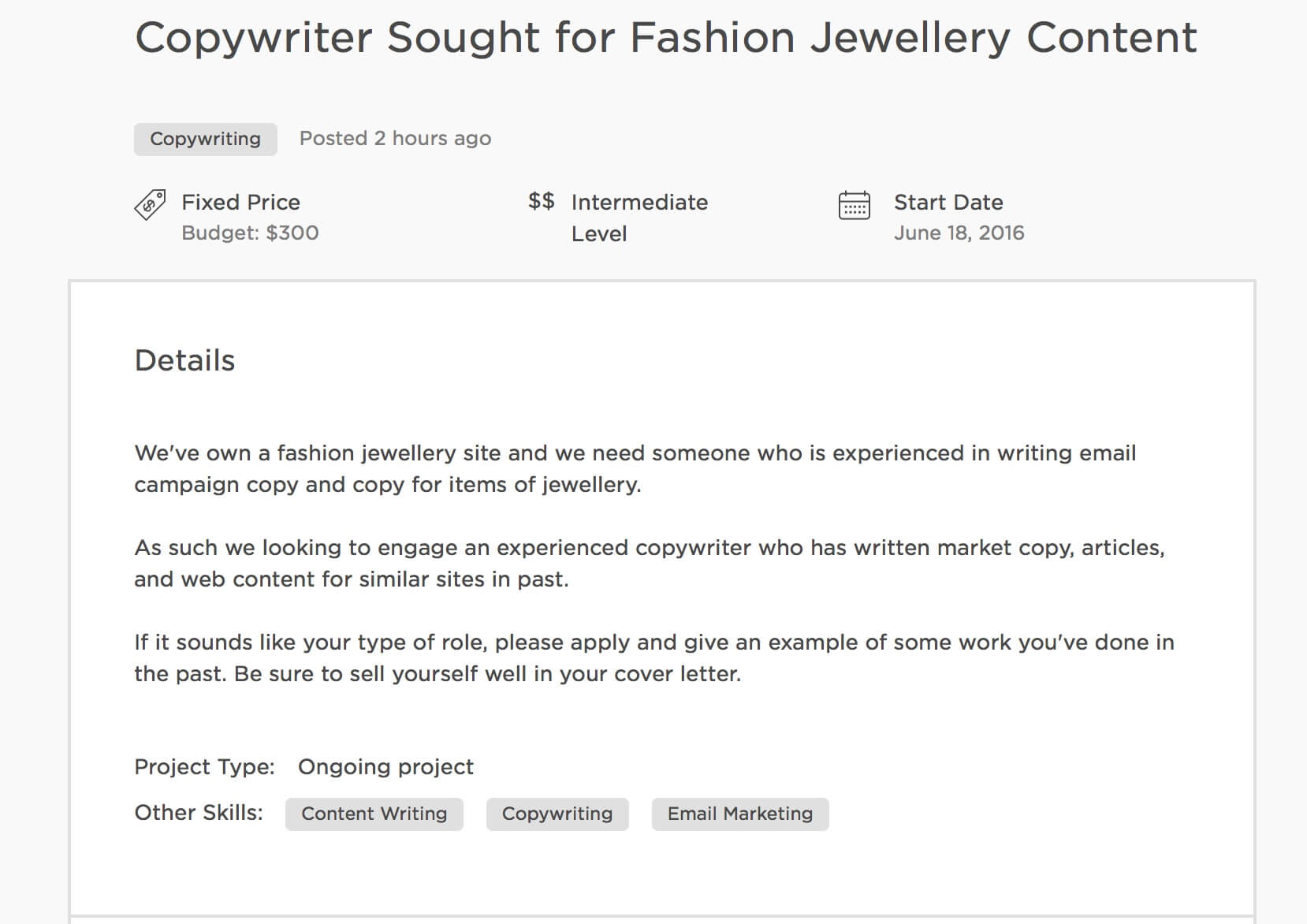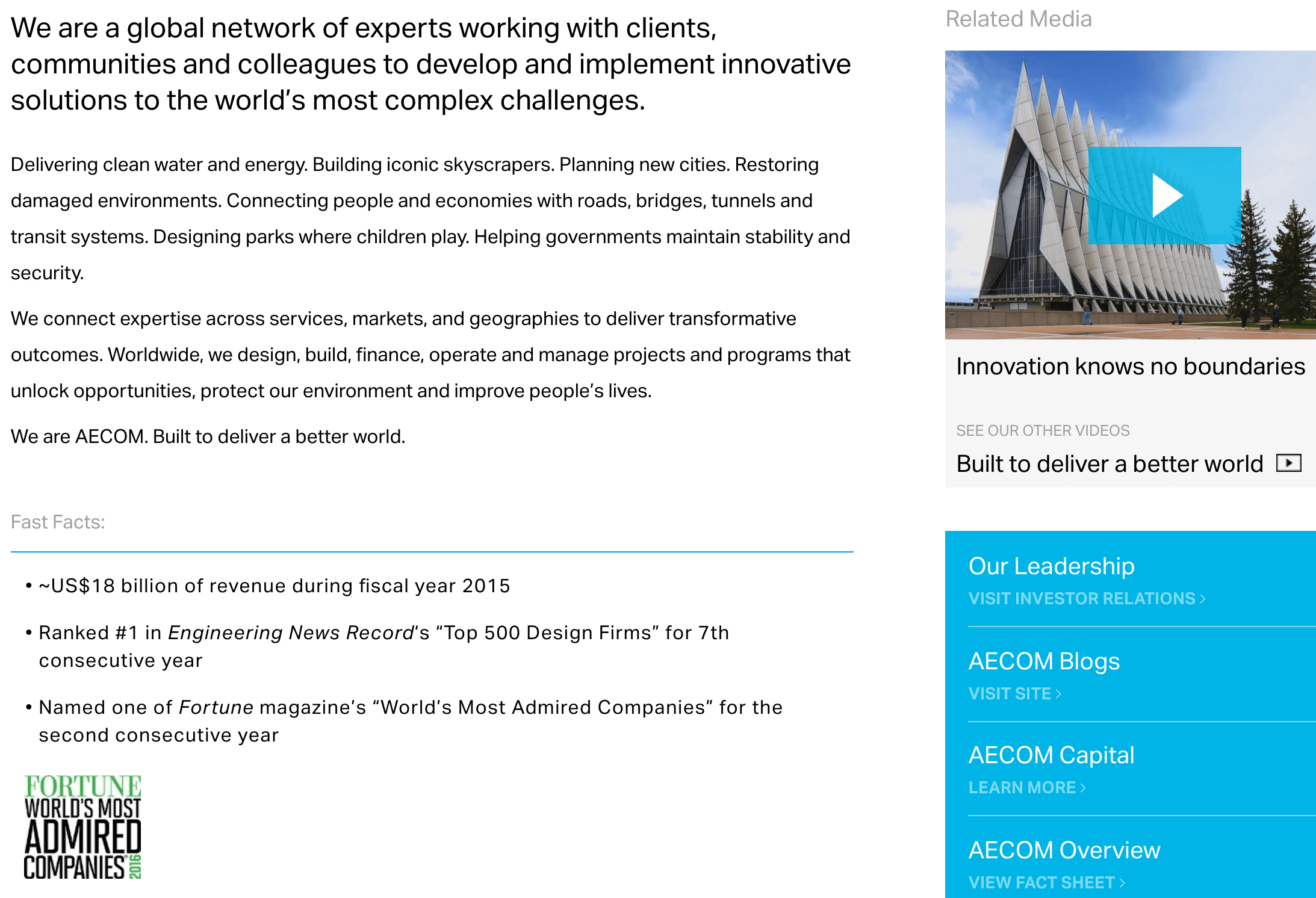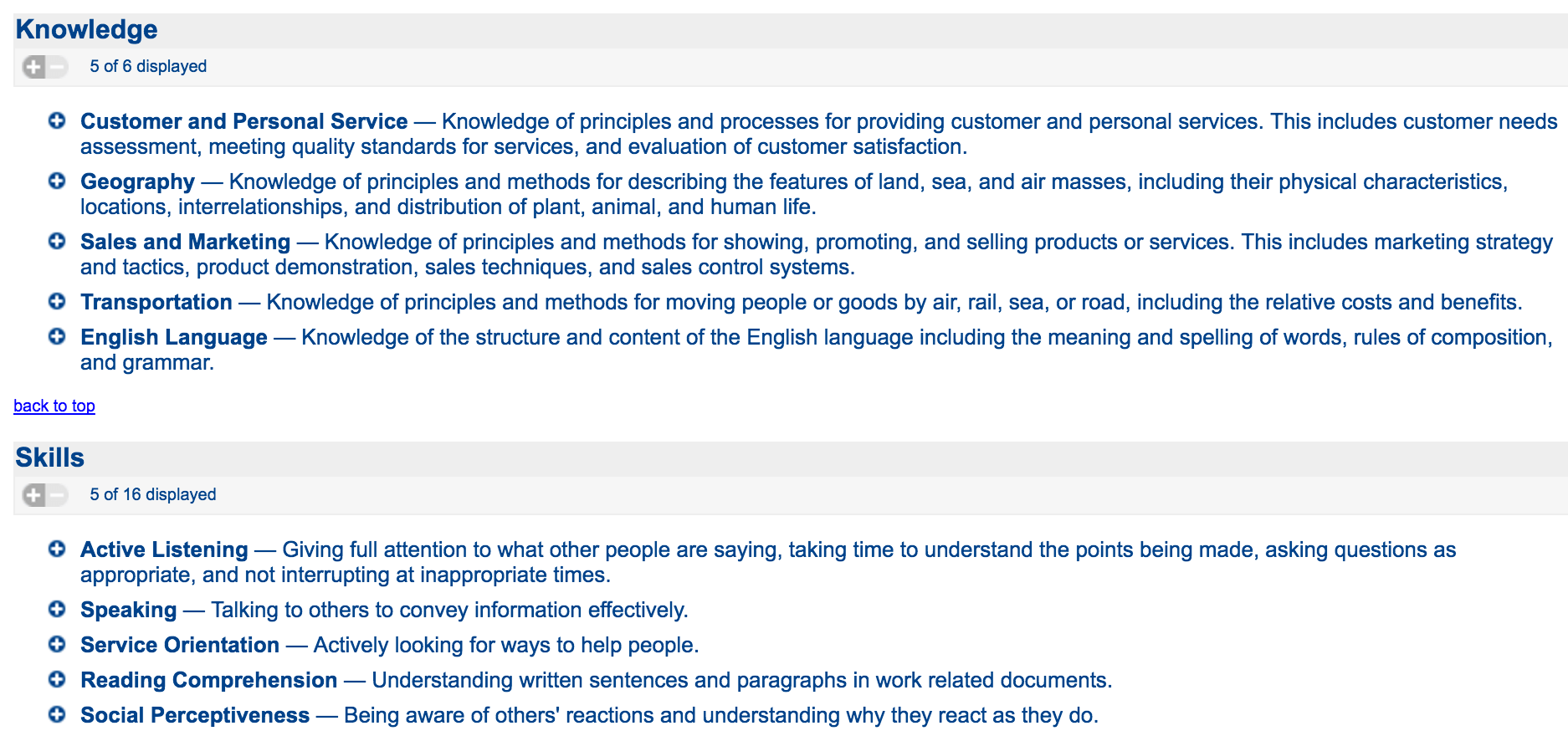
Worse still, companies are increasingly automating the process of selecting contractors by using parsers such as Sovren to search all pitches or resumes for particular keywords. If they’re not present, no human decision-maker may even get to see the fruits of your labor.
So, how do you find the right words to sell yourself, and how do you catch the eye of both computer and client in a pitch, email, or resume? Furthermore, how do you boost client interest from your website and social media platforms? The answer is to use a range of ‘power words’ – active, unique words and phrases that will give your proposals a real edge, and get your services the attention they deserve.
In this article we’re going to explore some of the key power words available to us, and demonstrate how you can use them to great effect. Let’s take a look!
1. Make Sure Your Pitch Gets Read
First things first, do some checking – look at the project description, particularly the title and any subheadings. What words are given the most prominence? Make yourself a list of recurring words, and any other characteristics that the project description particularly emphasizes.
These words will form the framework for your pitch, and they need to be added strategically to the relevant sections of your submission so that they flow naturally from your basic text. Here’s one example, from Upwork, showcasing the important key words of “experienced”, “email campaign”, “fashion”, and “jewellery”:
Why does this matter? Clients aren’t just looking for any old freelancer, they’re looking for someone who understands the industry, and ideally has experience in their field. Customize your pitch by emphasizing any relevant past experience, and weave in the keywords you identified in your earlier check. This approach will also help your resume get past the automated parsing mentioned earlier.
2. Leverage Secondary Power Words
When you have a framework of key power words for your pitch, one way of making even more impact is to identify and add any associated words. These should be words that really resonate with your potential client, and add to the effectiveness of your submission.
You can identify this secondary layer of power words either by searching Google (which often helpfully throws up associated words) or by using an online thesaurus.
Take the above example of the requirement for “experienced” freelancers, with a knowledge of “fashion” and “jewelry”. A quick thesaurus check suggests the following synonyms:
- Experienced: Knowledgeable, skilled, proficient, expert
- Fashion: Trend, latest thing
- Jewelry: Accessory
By using a little lateral thinking, you could knit this all together and say you had “expertise in writing email campaign copy on the latest trends in fashion accessories.”
3. Use Compelling General Power Words
Whether you’re writing a resume, ‘About’ page, or a client pitch, you’ll probably feel that confessing to an “ability to cope under pressure”, or “having problem-solving skills” is a safe bet. However, the likelihood is that your rivals are saying the exact same things, meaning your pitch or resume’s impact will be minimized. Furthermore, clichés are a turn-off. Yes, you’re organized and responsible – yawn!
Spice things up by adding fresh new words. For example, say “I thrive under pressure”, “I enjoy managing people”, or “I love solving challenges”. These kinds of phrases are simpler, say something positive about your attitude, and are more engaging and direct.
The key is to use active language – action verbs and positive words. For example, use “succeeded at” rather than “did”, and “won” instead of “got”. Effective words home in on your abilities. Rather than passive sentences such as “I was the head of a team”, try “I managed a multi-skilled team of 15” – it says so much more about your key strengths. Work hard to not repeat yourself – again, the thesaurus is your friend here.
4. Power Up Your Cover Letter (or Pitch)
Emails and cover letters stand a very good chance of being read by a real human, so they’re a great place to practice using power words.
Pitches and cover letters are typically short, so be forthright. LinkedIn career expert Nicole Williams advises that the first sentence should be about the client, the second about you, and the third about the client’s company.
Go to your target company’s About page and look out for basic keywords, using a thesaurus if needs be to change things up. Look for the messages conveyed by the page, and pick out keywords you can use to describe your own skills and aims. Here’s a nice, keyword-rich example from AECOM…
…and another from Bentley Motors:
5. Work Wonders on Your Website
My friend’s tale of woe mentioned in the introduction related to her inability to write a compelling About page. Here you have to think much more widely about what your potential clients are looking for, rather than focusing narrowly on a particular project. An in-depth search of a jobs website such as Upwork can pay dividends.
Look at a range of sector job adverts, and identify key words that recur frequently in job titles, headings, and the introduction. Find words that show what each client is looking for, whether those are specific skills or more personal attributes.
If you’re looking for clients with particular specialist requirements, you’ll also need to identify words that associate with their field. To get ideas for words specific to sectors, try using the tools found at O*NET. Their reports contain a list of tasks, as well as sector-related tools and technology, and the types of knowledge required for a particular job:
The site has hundreds of job categories that provide useful keywords, which you can transfer to your website to describe your own skills.
6. Set Social Media Alight
In the diverse world of social media, often the only chance to speak about yourself is in a few brief words (For example, Quora gives you space to define yourself in a sentence for every section you write on, and a paragraph for your profile bio).
This is where I confess to being a ‘Most Viewed Writer’, with over 18,000 upvotes on one answer. I’ve tried to analyze its weird popularity – and that of other highly-ranked answers, YouTube videos, and blogs – and I’ve concluded that success requires real power word psychology.
The first question you need to ask is: Why visitors are coming to your particular page? Are they there to be entertained, to be informed, or to buy? The words you choose have to match what your visitors are looking for.
What do the experts suggest? They point out that people connect to emotion rather than words, particularly ‘high arousal’ emotions such as amusement or disgust (which neatly explains my Quora success). Curiosity is also a strong driver, so if you promise to “reveal” or “prove”, or suggest you can offer something “unique” or “unconventional”, you are playing to that emotion. Here’s a great example from Facebook’s 2016 award winners:
Conclusion
Writing about yourself in a way that will connect with and enthuse potential clients isn’t the major challenge it’s often perceived to be. However, in order to jump over the many hurdles it could take to land that client, your pitch or resume needs to find its edge.
Attention-grabbing power words could be the answer, and by utilizing them correctly, they could transform a pitch, About page, or resume. Remember:
- Check job descriptions for words you can use to get your pitch read.
- Identify secondary power words.
- Choose active, positive language as general power words.
- In cover letters or pitches, pick power words from company About sections.
- Find common power words on sector or job websites that you can appropriate for your own usage.
- Use focused power words on social media.
Have you experimented with power words, and do you find them useful in your own pitches and other writing?
Photo credit: NeetiR.






